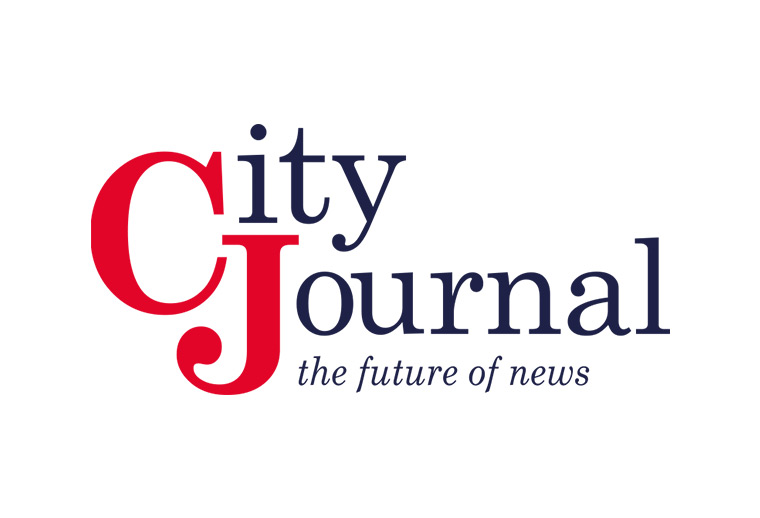As reporting has progressed, the affordances of emerging news media have revealed a greater depth to well worn topics, which has been continuously educated through my time studying Journalism Technologies. In this reflection I want to place a specific focus on podcasts and digital news, as they battle for an ever-shortening attention span.
Podcasts allow for long stretches of passive listening, with a more conversational intake of information. It can allow someone to read longform more easily, or explain the simple mechanics of emerging sciences. It has arguably all the best qualities of radio, revitalising audio news just as that format began to fall from fashion. It has recognisable personalities, an ability to drop in and out with ease, and an emphasis on sound engineering and style. That said, like radio, it can be easily forgettable, hard to cite, and doesn’t carry statistics or data well.
Digital news meanwhile, has space for practically anything. You can implant any other media form, utilise different and engaging tools, and aren’t limited by the costs of publishing and printing. That said, the moment your reader is on the internet, there are a million other possible distractions. Additionally, if the barrier to entry for a tool is too high, or it feels like a gimmick, the contents of the article will be compromised by its form of delivery. Although, digital news breeds a better craft in journalists, it demands a multidisciplinary skillset, but is approachable enough to allow creators to broaden that technical prowess.
With knowledge of these affordances, and the techniques that facilitate them, I’ve applied myself better to my projects, I’m assembling a group project on the Hillsong Church which utilises the forms, and a longform psychosocial analysis on longtermism and the effect of social media on fringe ideas in christian-influenced spaces. The latter, along with a continuing suite of interviews with comic creators, has been greatly aided by my knowledge of audio/podcasting tools to produce better conversations, even when they’re transplanted to prose.
I have also faced difficulties in adapting to different media forms, I’ve needed to adopt that aforementioned all-rounder mentality. I’ve also seen firsthand how with newer media forms like these, there’s far less of a roadmap or industry standard to fall back on, and at the rate software is outmoded, journalists are forced to constantly adapt. That’s why it’s essential for journalists and future students of this class to always write what appeals to them, even when your technical skills may fail, you need to show your passion for what you’re writing. That said, never let yourself slip into a niche, try everything except what you know, and you’ll come out a far more flexible creator.

